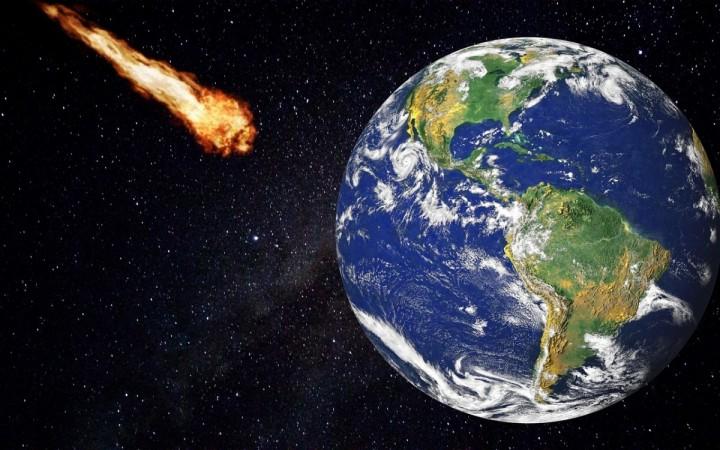It was on Tuesday that a potentially hazardous asteroid zoomed past earth. At the time of its close approach, this asteroid was almost 4.5 million miles away from the blue planet, and it did not pose any threat to human existence. And now, NASA has revealed that two other asteroids will zip past the earth this week.
Two new asteroids heading towards the earth
The asteroid that zipped past the earth on Tuesday was 2021 KT1. This space rock was as large as 1,049 feet, and it was comparative in size to New York City's Chrysler Building. NASA considered this space rock as potentially hazardous, as it flew past the earth at a distance fewer than 4.6 million miles. It should be noted that the average distance between the earth and the moon is 2,39,000 miles.

On the same day, two asteroids named 2021 KT2 and 2018 also zipped past the earth at a distance of 181,000 miles and 694,000 miles respectively.
According to the latest report from NASA's Center For Near-Earth Object Studies (CNEOS), two more asteroids will make their close approach on Wednesday. These asteroids named 2021 JW6 (63 feet), and 2021 KE1 (53 feet) will come within 1.9 million miles and 3.6 million miles of Earth, respectively. The space agency also revealed that more asteroid close approaches could happen on Thursday and Saturday.
Space threats and human response
Around 66 million years ago, a giant asteroid hit the earth with its deadly fury and resulted in the extinction of dinosaurs. Since then, no such space rocks have hit the earth, and this safe journey has played a crucial role in determining the evolution of humans. However, space experts like Dr Iain McDonald and popular American physicist Neil deGrasse Tyson believe that devastating events like asteroid hits are not confined to the past, and they may happen in the future too.
To combat such an event, US space agency NASA has been formulating several possible techniques, and it ranges from the development of a planetary defense weapon to nuking asteroids. However, several space experts believe that nuking an asteroid could be a bad idea as it will result in radioactive rain on the earth.
Space scientist Natalie Starkey believes that the best way to combat an asteroid hit is by adopting the strategy of a pre-emptive strike. The concept of the pre-emptive strike is very simple; humans should blow up asteroids on one of its prior close-Earth visits.
"If the object was one that passed Earth frequently, moving ever closer to impact with each orbit, then it could be blown up in a pre-emptive strike on one of its prior close-Earth visits before the one that was predicted to cause total annihilation, nuking it as it was heading away from Earth. In this way, any radioactive fallout from the destruction wouldn't affect life on Earth," said Starkey.
















